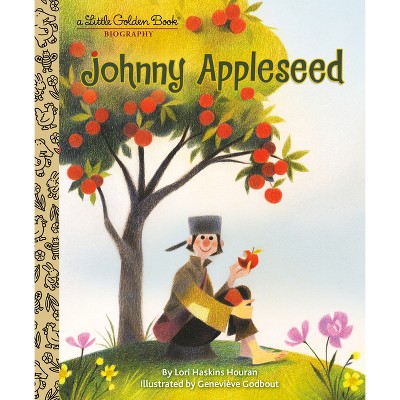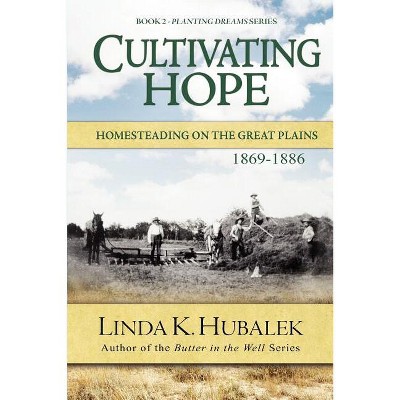Sponsored

Cultivating Empire - (Early American Studies) by Lori J Daggar (Hardcover)
In Stock
Sponsored
About this item
Highlights
- Cultivating Empire charts the connections between missionary work, capitalism, and Native politics to understand the making of the American empire in the late-eighteenth and early-nineteenth centuries.
- About the Author: Lori J. Daggar is Assistant Professor of History at Ursinus College.
- 264 Pages
- History, United States
- Series Name: Early American Studies
Description
About the Book
"This book charts the connections between mission work, capitalism, and Native politics in order to understand the making of the American empire. It shows that civilizing missions and rhetoric were hinges for U.S. economic and political development that could both wreck devastation on Indigenous communities and offer Native peoples additional means to negotiate for power and endure"-- Provided by publisher.Book Synopsis
Cultivating Empire charts the connections between missionary work, capitalism, and Native politics to understand the making of the American empire in the late-eighteenth and early-nineteenth centuries. It presents American empire-building as a negotiated phenomenon that was built upon the foundations of earlier Atlantic empires, and it shows how U.S. territorial and economic development went hand-in-hand. Lori. J. Daggar explores how Native authority and diplomatic protocols encouraged the fledgling U.S. federal government to partner with missionaries in the realm of Indian affairs, and she charts how that partnership borrowed and deviated from earlier imperial-missionary partnerships.
Employing the terminology of speculative philanthropy to underscore the ways in which a desire to do good often coexisted with a desire to make profit, Cultivating Empire links eighteenth- and early-nineteenth-century U.S. Indian policy--often framed as benevolent by its crafters--with the emergence of racial capitalism in the United States. In the process, Daggar argues that Native peoples wielded ideas of philanthropy and civilization for their own purposes and that Indian Country played a critical role in the construction of the U.S. imperial state and its economy. Rather than understand civilizing missions simply as tools for assimilation, then, Cultivating Empire reveals that missions were hinges for U.S. economic and political development that could both devastate Indigenous communities and offer Native peoples additional means to negotiate for power and endure.Review Quotes
"[A]n ambitious book...Cultivating Empire connects the United States' civilizing mission among Shawnees and Miamis to the development of capitalism in those nations' homelands in what is now western Ohio and Indiana...[This volume] is not the last word on the subjects it tackles, nor should it be. Daggar's work opens doors, and historians of the early republic, of Indian policy, and of capitalism should read it."-- "H-Early America"
"In Cultivating Empire, Lori Daggar illuminates the intertwined histories of missions, settler colonialism, and Indigenous survivance in the Northwest Territory. It is a deeply researched and carefully argued book that provides new insights into the early United States' careful attempts to position itself as a 'benevolent empire.' Sure to become the standard text on the 'civilization plan, ' Cultivating Empire is a must-read for anyone interested in the history of American imperialism."-- "Emily Conroy-Krutz, Michigan State University"
About the Author
Lori J. Daggar is Assistant Professor of History at Ursinus College.Shipping details
Return details
Frequently bought together


Trending Non-Fiction






Discover more options









